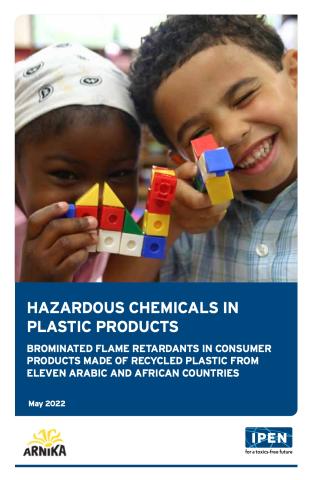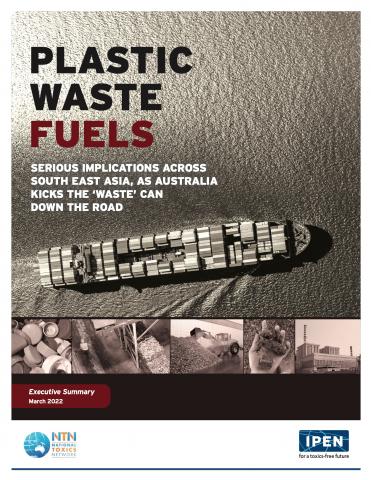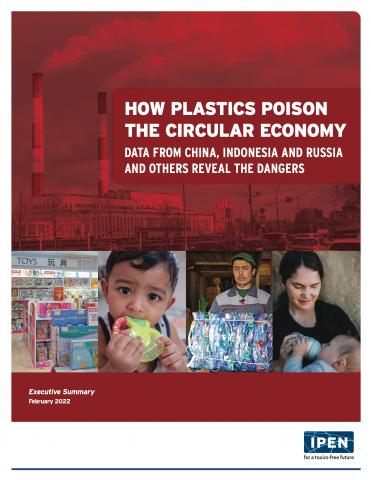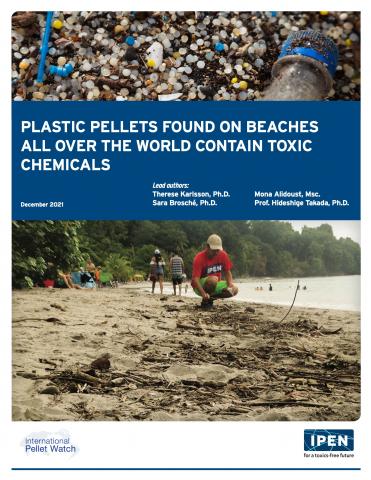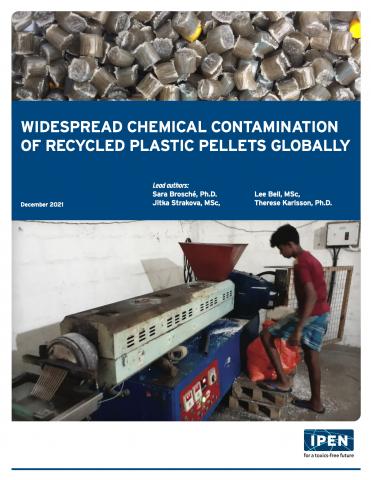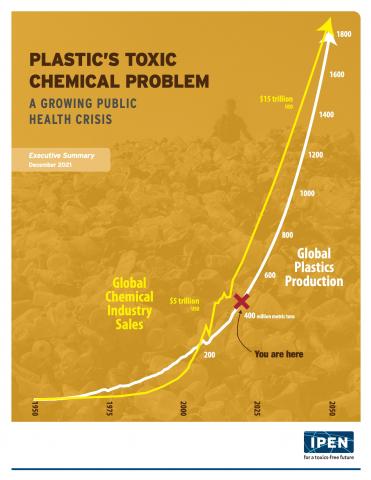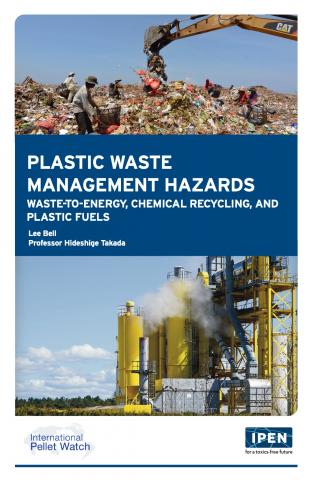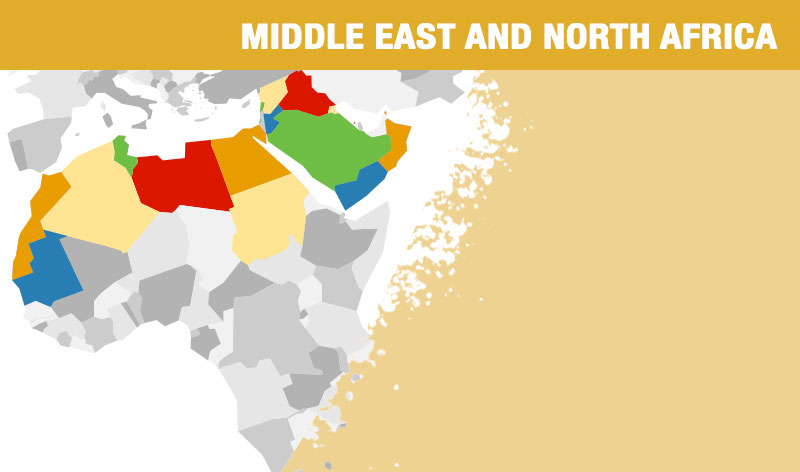
Top News

بمناسبة الاسبوع الدولي للوقاية من التسمم بالرصاص وتعديلات اتفاقية ميناماتا حول التوقف عن استخدام الزئبق في حشوات الاسنان للاطفال والنساء الحوامل والمرضعات وفي سن الانجاب، الارض الانسان لدعم التنمية بالتعاون مع الصندوق الاردني الهاشمي/ اللجان الشبابية في محافظة اربد وذلك يوم الاثنين الموافق 24 تشرين اول 2022
More News
Upcoming Events
- Plastics Treaty INC-4
21 – 30 April 2024
Location: Ottawa, Canada - Science-Policy Panel Open Ended Working Group
07 – 24 June
Location: Geneva, Switzerland - POPRC-20
23 – 27 September
Location: Rome, Italy - Plastics Treaty INC-5
25 November – 01 December
Location: Busan, Republic of Korea
Recent Reports
Egypt: PCBs: Progress towards Elimination in Egypt
Egypt: PFOA situation reports in support of Stockholm Convention listing
Jordan: PFOA situation reports in support of Stockholm Convention listing
Jordan: National Situation Report on Highly Hazardous Pesticides (HHPs)
Lebanon: The Toxic Plastic Waste Trade
Morocco: Study on Highly Hazardous Pesticides in Morocco
Tunisia: National Report on the Situation of Highly Hazardous Pesticides
Newest IPEN Reports
Hazardous Chemicals in Plastic Products
Both the environment in Africa and the Arabic region and the human health of Africans and people from Arabic countries suffer from toxic chemicals and imported wastes, including illegal wastes, more than in developed countries.
This study shows that toxic chemicals are present in toys, kitchen utensils, and other consumer products purchased from African and Arabic region markets in Burkina Faso, Cameroon, Egypt, Ethiopia, Gabon, Jordan, Kenya, Morocco, Syria, Tanzania, and Tunisia.
Plastic Waste Fuels
IPEN studies show how policy is driving massive investment in plastic waste-to-fuel processing, and that exports are threatening waste management in ASEAN countries and undermining the Basel Convention and climate change commitments.
Plastic Poisons the Circular Economy
IPEN published a number of studies showing significant obstacles for countries seeking to implement safe plastic circular economies. The studies reveal that countries are unable to handle large volumes of diverse plastics waste streams safely, and the reality that, without regulations requiring plastic ingredients to be labeled, countries are blindly allowing known toxic chemicals onto their markets in plastic products.
Plastic pellets found on beaches all over the world contain toxic chemicals
Preproduction plastics as pellets, or "nurdles", can carry many different chemicals, both those added to the plastics and pollutants that attach (sorb) to them in the environment. Often lost during production, transportation, and storage, pellets have been found on beaches all over the world since the 1970s. This study of plastic pellets gathered from beaches in 23 different countries contained many chemicals of concern, some in very high concentrations.
Widespread chemical contamination of recycled plastic pellets globally
Because almost all plastics contain toxic chemicals, recycling processes can perserve and can even generate toxic chemicals, such as dioxins. In this study, pellets made from recycled HDPE, intended for use in new products, were purchased from 24 recyclers in 23 countries and analyzed for 18 substances. The large number of toxic chemicals in many of the samples highlights the need to rethink recycling to ensure it does not perpetuate harms..
Plastic’s Toxic Chemical Problem: A Growing public health crisis
This summary of our two plastic pellets reports encapsulate the broad issues related to toxic chemicals in plastics and the concerns with recycling processes that can perserve or generate toxic chemicals.
Plastic Waste Management Hazards
Plastic waste has become an unprecedented pollution issue, blanketing our planet in the petrochemical remnants of plastic production. This report examines current and emerging methods by which plastic waste is managed globally and questions whether any of them present a solution to the rapidly accelerating generation of plastic waste. In short, they don't and the only long-term answer is to produce less plastic.
Regional Hub
Association d'Education Environnementale pour les Futures Générations (AEEFG)
Based in Tunisia
Regional Coordinator: Semia Gharbi
Contact: menahub@ipen.org
The AEEFG (Environmental Education for Future Generations Association) was set up in 2011. It works in the field of environmental education and has cooperation with educational institutions as pupils, students and teachers. It mainly aims to improve and disseminate best practices in the environment for youth and children by spreading awareness about chemical hazards. The main activities are: education and training on environmental issues such as chemical hazards like POPs, pesticides, lead in paint, EDCs, and waste; school projects for environmental empowerment, leading to better descriptions and understandings of environmental problems; developing comprehensive activities to provide permanent assistance to pupils through the school year; encouraging volunteers to plant trees; and bringing awareness about chemical impacts.
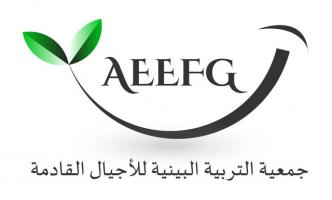
Get our Newsletter
Video Highlight




